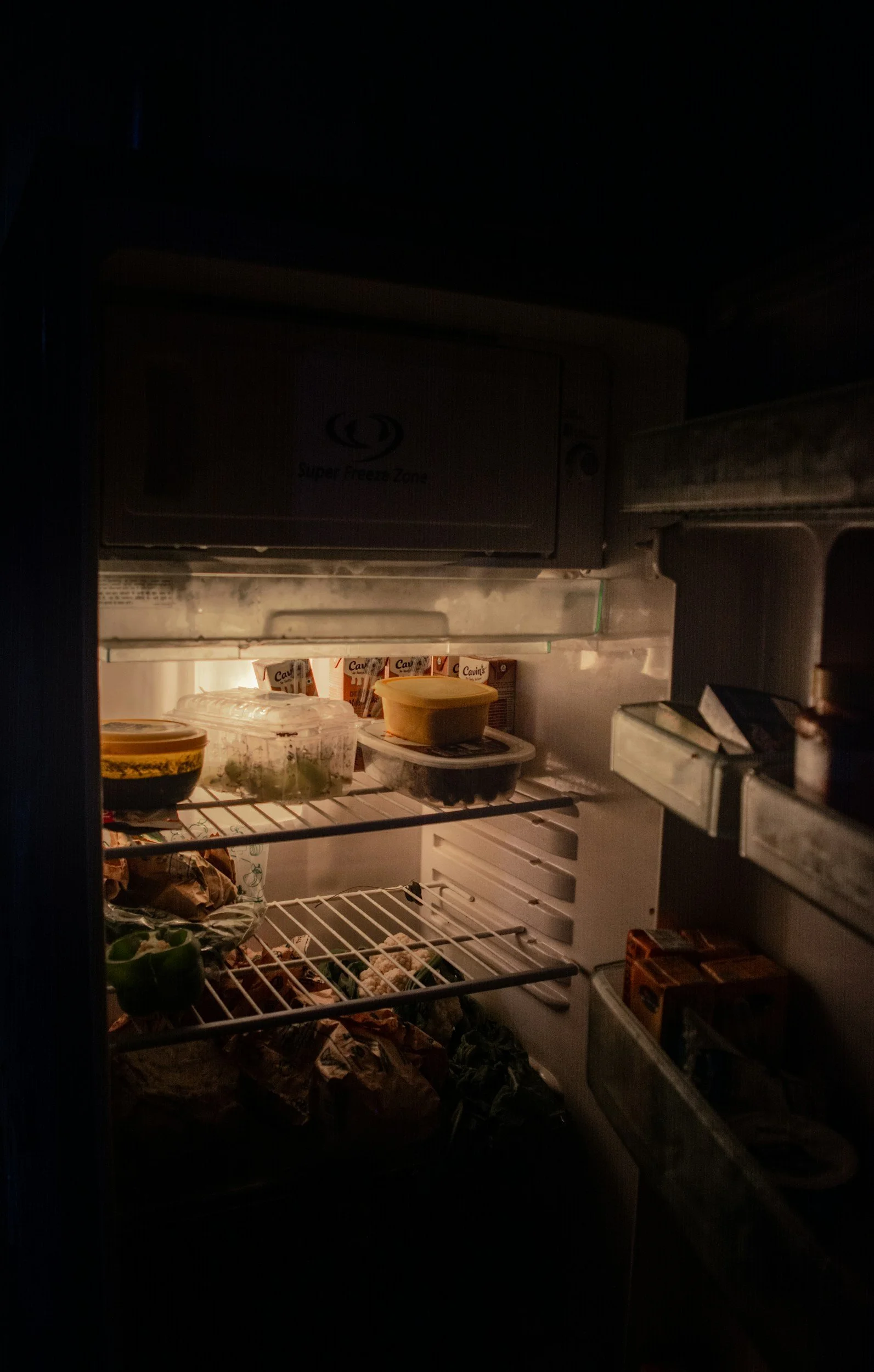Boundaries: Am I being mean or assertive?
Today we're talking to Marissa Sappho about assertive boundaries. Marissa is the founder and clinical director of Aurora Center in New York City which is an outpatient mental health clinic specializing in the treatment of eating disorders. Marissa is a Board Certified psychoanalyst, a certified eating disorder specialist, and supervisor. She is part of the faculty, supervisor, and member of the board at the Center for Study of Anorexia Bulimia in New York City, the oldest nonprofit training and treatment center for eating disorders in that country. She has also presented on eating disorders nationally and internationally at major conferences, and is the co-chair of the special interest group, Psychodynamic Psychotherapy through the Academy for Eating Disorders.
In this episode, Marissa helps us further understand the importance of setting assertive boundaries and how we can effectively assert ourselves to help improve our relationship with people and food.
Listen to the Episode Now
Show Notes
[00:01 - 5:11] Opening Segment
I introduce our guest for this episode
The importance of setting assertive boundaries
Physical boundaries
Emotional boundaries
Time boundaries
Sexual boundaries
Intellectual boundaries
Material boundaries
So many more types of boundaries
[05:12 - 48:14] The Importance of Asserting Your Own Boundaries
Setting a separation between people
Setting limits and avoiding people taking advantage of us
Asserting your own needs is not mean
Difficulty of parents tolerating feelings
Parents must have a good sense of self
Must learn when to separate from their child
Most parents have intolerance for separateness and different opinions
Sometimes results to disengaged families, emeshe families
Overly rigid boundaries vs. not having boundaries
The importance of being self aware in setting boundaries
Boundaries are correlated with the level of trust
Self esteem is part of your sense of self
The concept of Stonewalling
Communicate that you need space
Do not shut people out
Find a way to communicate your frustration
Do not threaten the relationship
[48:15 - 49:12] Closing Segment
Connect with Marissa through the links below
Final words
Resources Mentioned
Connect with Marissa Sappho on Instagram, or check out her website at www.auroracenternyc.com
Tweetable Quotes
“Without those boundaries, we have no idea where we start and stop; where the other person starts and stuff. And then this contributes to a whole host of problems.” - Marissa Sappho
“What I find a lot of times with folks with eating disorders, is they experience that in a hyper vigilant way, and in a way filled and loaded with guilt and responsibility that they have to constantly be attuning themselves to the other person to make sure that that person's okay.” - Marissa Sappho
“People have a really hard time being tasked to be their own gatekeepers of their emotional space and emotional time.” - Marissa Sappho
More From Rachelle
Hey there! I’m Rachelle, the host of the Understanding Disordered Eating Podcast. As a Licensed Mental Health Counselor, I work with clients to make sense of life’s messy emotional experiences.
I believe in the power of deep work and its positive impact on your life in the long term. Learn more about how we can work together here.
You can connect with me on Instagram, through my website or email me directly clicking the links below.
Subscribe & Leave A Review!
If you enjoyed this episode, you can show your support by leaving a review, subscribing, or sharing with someone who may need help. Click here to open this show in iTunes and leave a five star rating and review.
More Episodes








